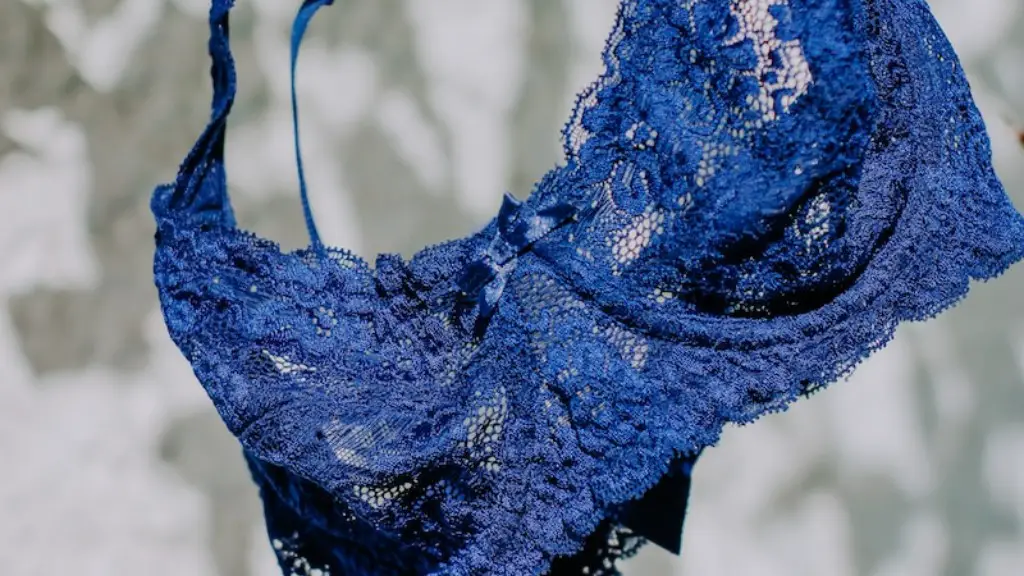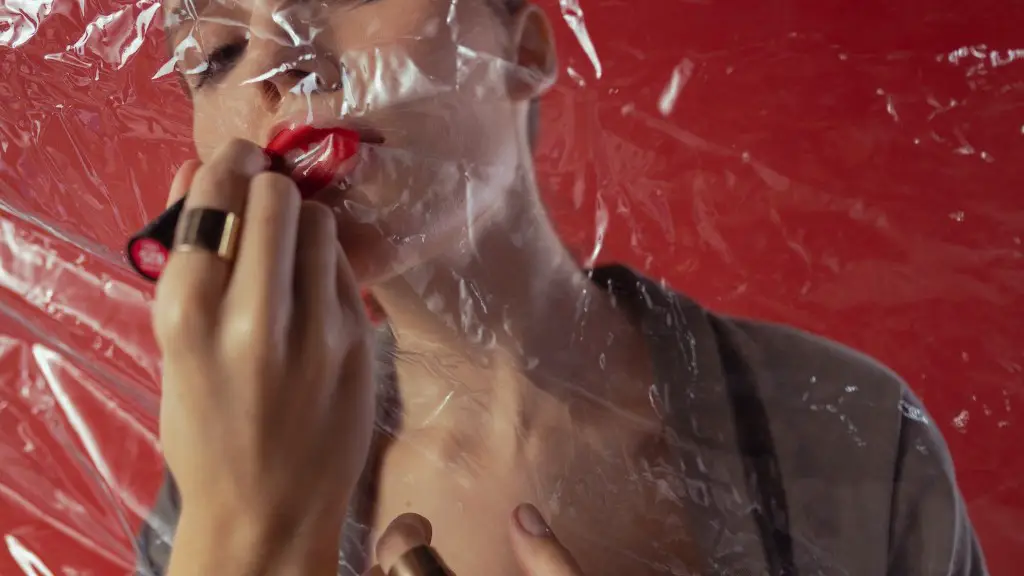A fly flew into my mistress and she screamed. The fly was just minding its own business, but my mistress didn’t like it. She was afraid of it.
A fly that flew into my mistress?
This is a difficult question to answer, as it depends on the context in which the question is asked. If you are asking about a fly that flew into your home and your mistress is the person who owns the home, then it is likely that she will be annoyed by the fly and may try to kill it. However, if your mistress is a kind and caring person, she may simply allow the fly to fly out of the window.
What is the poem my mistress eyes about?
The speaker is describing the physical features of the woman he loves. He notes that her eyes are not as bright as the sun, and her lips are a coral color, which is less red than most lips. He concludes by saying that she is the most beautiful woman he has ever seen.
In “My Mistress’ Eyes Are Nothing Like the Sun”, Shakespeare uses comparisons to express his idea of love as opposed to lust. He compares his mistress’ eyes to the sun, to the stars, and to the ocean. He also compares her lips to coral, her cheeks to roses, and her breath to the smell of spring. However, he ultimately concludes that his mistress is not as beautiful as these things. Shakespeare’s point is that love is not about physical beauty, but about the inner beauty of the person.
When my mistress treads upon the ground
There is something incredibly alluring about my mistress’s voice–even though I know full well that music is far more pleasant to the ear. I won’t deny that she is no goddess in terms of her looks–she is quite down to earth, in fact–but in my eyes, she is as rare and beautiful as any woman who has been falsely praised with excessive comparisons.
The speaker in these lines is saying that their lover is just as wonderful as any woman who was ever falsely compared to something else in an exaggeration. This is the speaker’s way of saying that their lover is the best and no one can compare.
What is the most important message that the poem To His Coy Mistress gives lovers of the modern era?
“To His Coy Mistress” is a metaphysical poem in which the speaker attempts to persuade his resistant lover that they should have sexual intercourse. He explains that if they had all the time in the world, he would have no problem with their relationship moving this slowly. However, he argues that since they don’t have an infinite amount of time, they should take advantage of the time they do have and enjoy each other’s company while they can.
In “My Mistress’ Eyes Are Nothing like the Sun,” Shakespeare elevates his lover above comparisons to nature. He recognizes her beauty as a whole, and what she means to him. She is more beautiful than anything else in his eyes.
What does mistress mean in Shakespeare’s time?
The word “mistress” has changed a lot over the years. In Shakespeare’s time, it was a more general term of endearment, like “my love” or “my darling.” Today, it’s usually used to refer to a woman who is dating a married man.
It is one of Shakespeare’s best known and most loved sonnets. The reading explains that the stability of love will immortalise a partner’s beauty and youth. The sonnet is about eternal love and the beauty of the beloved.
What do the last two lines of To His Coy Mistress mean
The speaker in lines 45-46 seems to have calmed down somewhat, and is now talking about the sun instead of time. In his view, the sun controls time, and he admits that sex is a compromise. This final couplet expresses the speaker’s acceptance of the impermanence of life and his own mortality.
Sonnet 129 is a powerful poem that captures the potential devastation of lust. Lust is often seen as a positive emotion, something that feels overwhelmingly good in the moment. However, the poem makes it clear that lust can also be a destructive force, leading to physical and psychological devastation. This is something to be aware of when succumbing to lustful desires.
What does the first line of Sonnet 73 mean?
The first quatrain of “The Winter’s Day” emphasizes the harshness and emptiness of old age. The metaphor of the winter day suggests that old age is a time of cold, barren emptiness. The boughs shaking against the cold and the “bare ruined choirs” bereft of birdsong suggest that old age is a time of great loneliness and isolation. This quatrain emphasizes the negative aspects of old age, but it also suggests that there can be a certain beauty in the emptiness and solitude of winter.
Sonnet 130 is a beautiful poem that challenges the prevailing assumption in Shakespeare’s culture that love is primarily based on physical attraction. Shakespeare was tired of reading overblown poems where writers compared their mistresses to goddesses. In Sonnet 130, Shakespeare celebrates his mistress for being real and down to earth. He compares her to the beauties of nature, but also acknowledges her flaws. This is a much more honest and realistic portrayal of love, and it is clear that Shakespeare was very much in love with his mistress.
What is the figurative meaning of Sonnet 130
The speaker in this poem is using metaphors to resist comparisons that other poets might make between his mistress’s features and natural objects or phenomena. Even coral is redder than her lips, indicating that the speaker finds his mistress’s lips to be less than perfect.
The couplet is a rhyming device often used in Shakespearean sonnets to create a sense of cohesion between the quatrains. While the quatrains typically develop a sequence of metaphors or ideas, the couplet offers a brief summary or a new take on the preceding images or ideas. This contrast between the quatrains and the couplet can create a sense of tension or resolution, depending on how the poem is structured.
What do the dark lady sonnets symbolize?
The dark lady in this instance represents someone who is prone to anger and outbursts. They may be difficult to deal with and may not be very compliant with others. While they may be seen as dangerous, they are still an important part of the spectrum.
In “The Lady or the Tiger?,” the narrator uses verbal irony to describe the semi-barbaric king who subjects his people to unjust punishments for his own enjoyment. The narrator sarcastically refers to the king as being such an authority that his whims become facts at will.
What does repetition mean in a poem
Repetition refers to the use of the same word or phrase multiple times and is a fundamental poetic technique. It can be used to emphasize a point, to create a rhythm, or to add emphasis to a poem.
A woman who has an illicit affair is also called a mistress. It is a somewhat old-fashioned word. It suggests financial support in exchange for sexual favors.
Final Words
AFLY that flew into my mistress,
You made her angry and she cursed.
I think you must be sorry now,
For all the trouble that you’ve caused.
The flye that flew into my mistress was a bothersome creature. It flew around her head and she couldn’t shoo it away. She tried to swat it, but it was too quick. Finally, she gave up and left the room.





